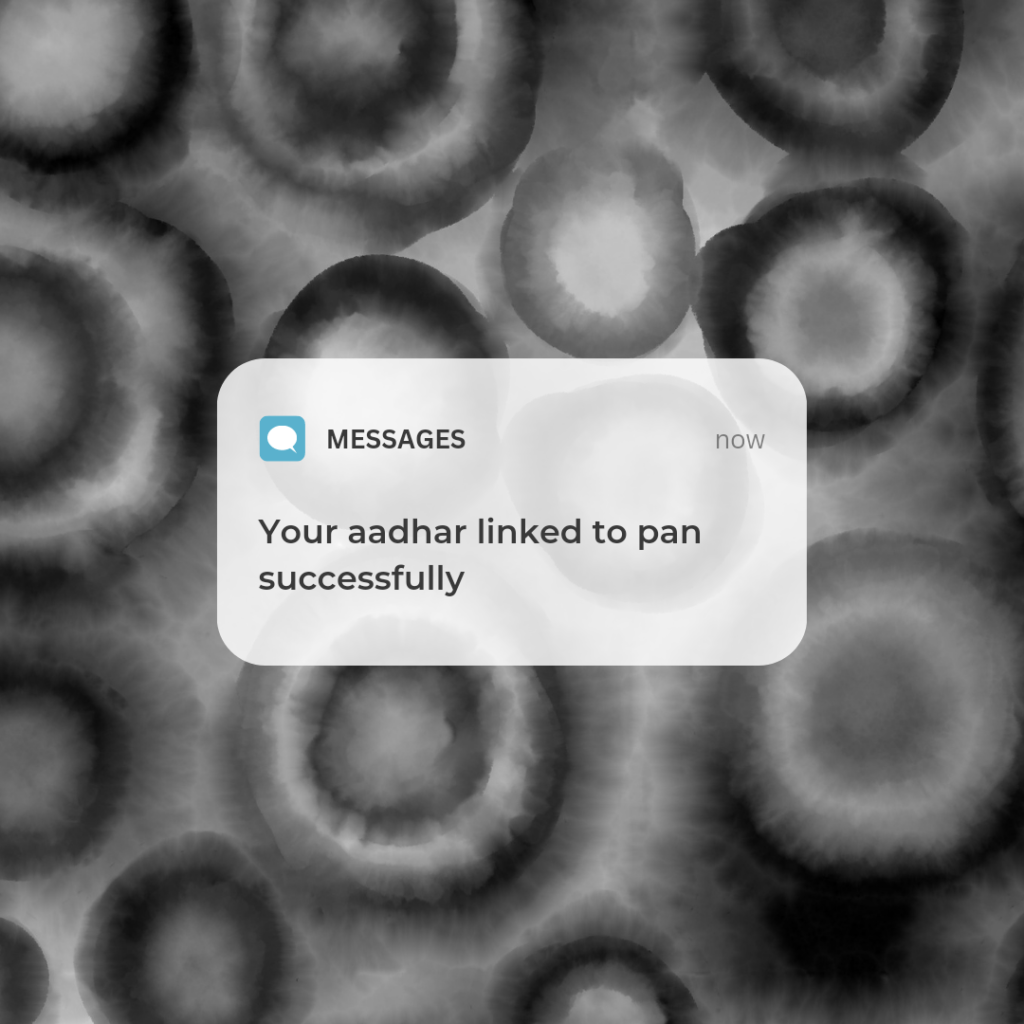Certainly! Let’s explore some common facts and misconceptions about gluten:
https://sumhelath.com/wp-admin/post.php?post=975&action=edit
Fact: Gluten Sensitivity and Celiac Disease Exist
Fact: Gluten is a protein found in wheat, barley, and rye. Some individuals have legitimate health concerns related to gluten. Celiac disease is an autoimmune disorder where gluten consumption triggers an immune response that damages the small intestine. It’s essential for people with celiac disease to strictly avoid gluten.
Fact: Non-celiac gluten sensitivity (NCGS) is a condition where individuals experience gastrointestinal or other symptoms after consuming gluten, without having celiac disease or a wheat allergy. While NCGS is a real condition, it is less understood, and its prevalence and mechanisms are still debated in the medical community.
Fiction: Gluten-Free Diets Are Healthier for Everyone
Fiction: Going gluten-free is not inherently healthier for individuals without celiac disease, NCGS, or wheat allergies. In fact, many gluten-free processed foods are less nutritious than their gluten-containing counterparts. These products may have lower fiber content and higher sugar and fat levels to compensate for the taste and texture changes when gluten is removed.
Fact: Gluten-Free Diet Can Help Manage Certain Conditions
Fact: For individuals with celiac disease or confirmed NCGS, eliminating gluten is crucial for symptom management and overall health. It can prevent intestinal damage and relieve uncomfortable symptoms such as abdominal pain, diarrhea, and fatigue.
Fiction: Gluten Causes Weight Gain
Fiction: There’s no direct link between gluten consumption and weight gain in people who do not have specific gluten-related disorders. Weight gain or loss is primarily influenced by the overall calorie intake and the balance of nutrients in one’s diet. Some gluten-free products may even be higher in calories and less healthy than their gluten-containing counterparts.
Fact: Cross-Contamination Matters
Fact: Even if you’re avoiding gluten for health reasons, cross-contamination can be a concern. Small amounts of gluten can cause reactions in individuals with celiac disease or NCGS. It’s important to be vigilant about cross-contamination in shared kitchens, restaurants, and food processing facilities.
Fiction: Gluten-Free Automatically Equals Healthier
Fiction: A gluten-free diet does not guarantee a healthier lifestyle. Eating a well-balanced diet with a variety of whole grains, fruits, vegetables, lean proteins, and dairy (or dairy alternatives) can be just as healthy for most individuals as a gluten-containing diet.
In conclusion, gluten should be strictly avoided by individuals with celiac disease or confirmed NCGS. However, for the general population without these specific conditions, eliminating gluten from the diet may not provide any health benefits and could even lead to a less nutritious diet if not done carefully. If you suspect you have gluten-related issues, consult a healthcare professional for proper diagnosis and dietary guidance.



